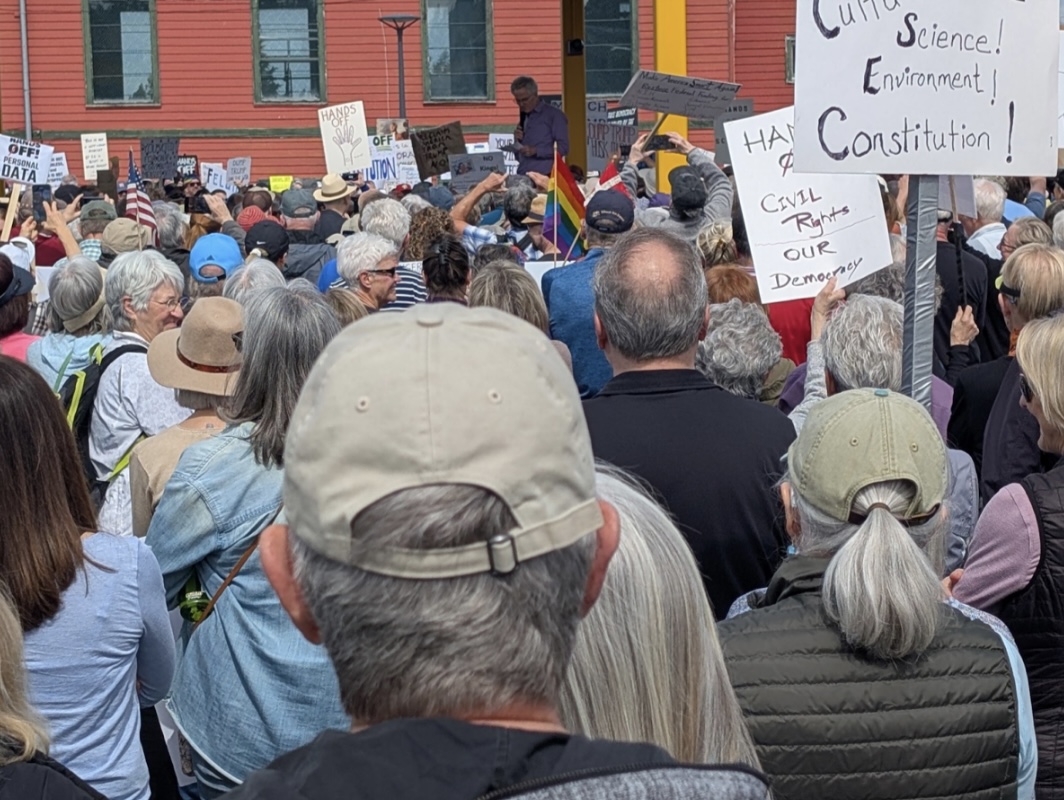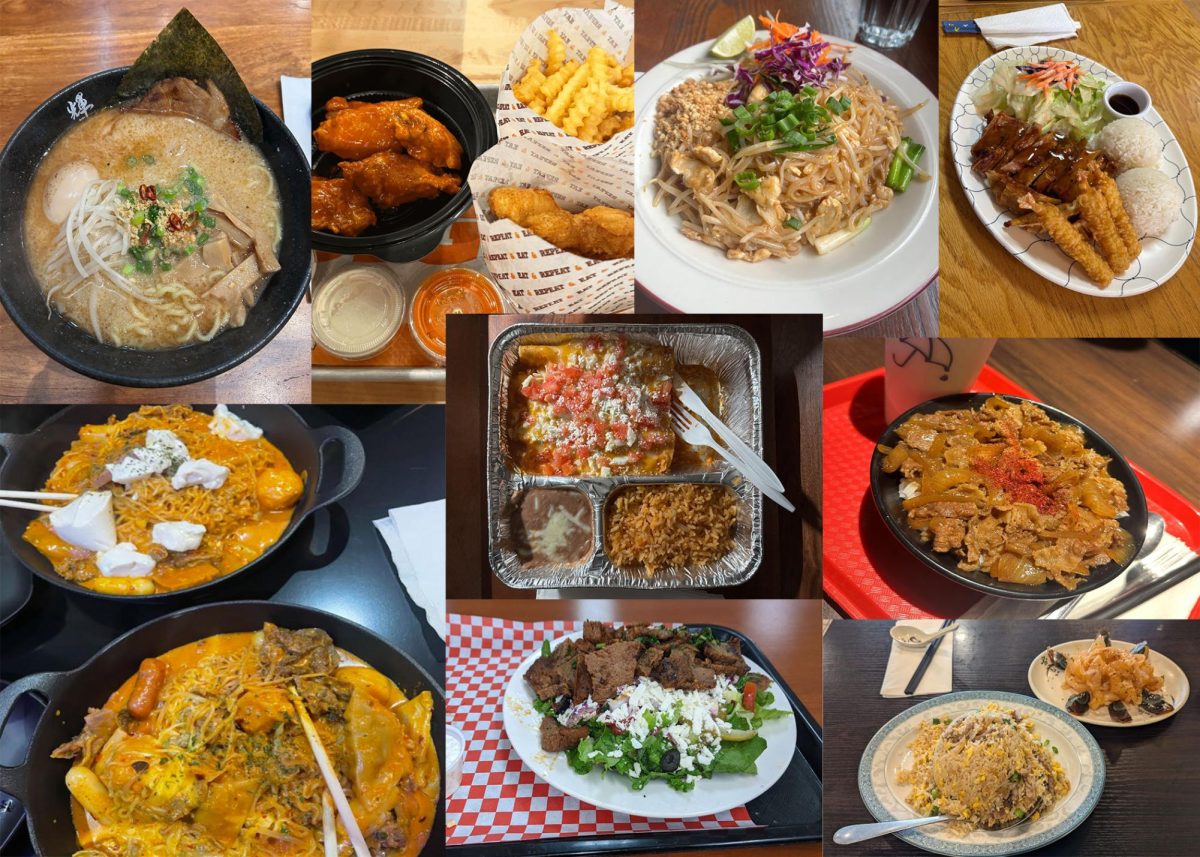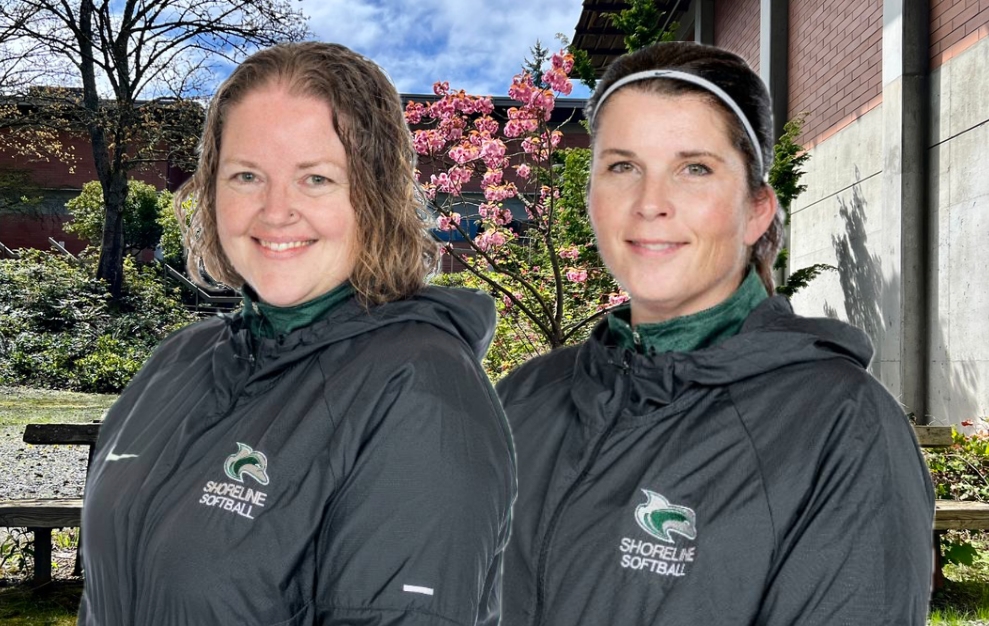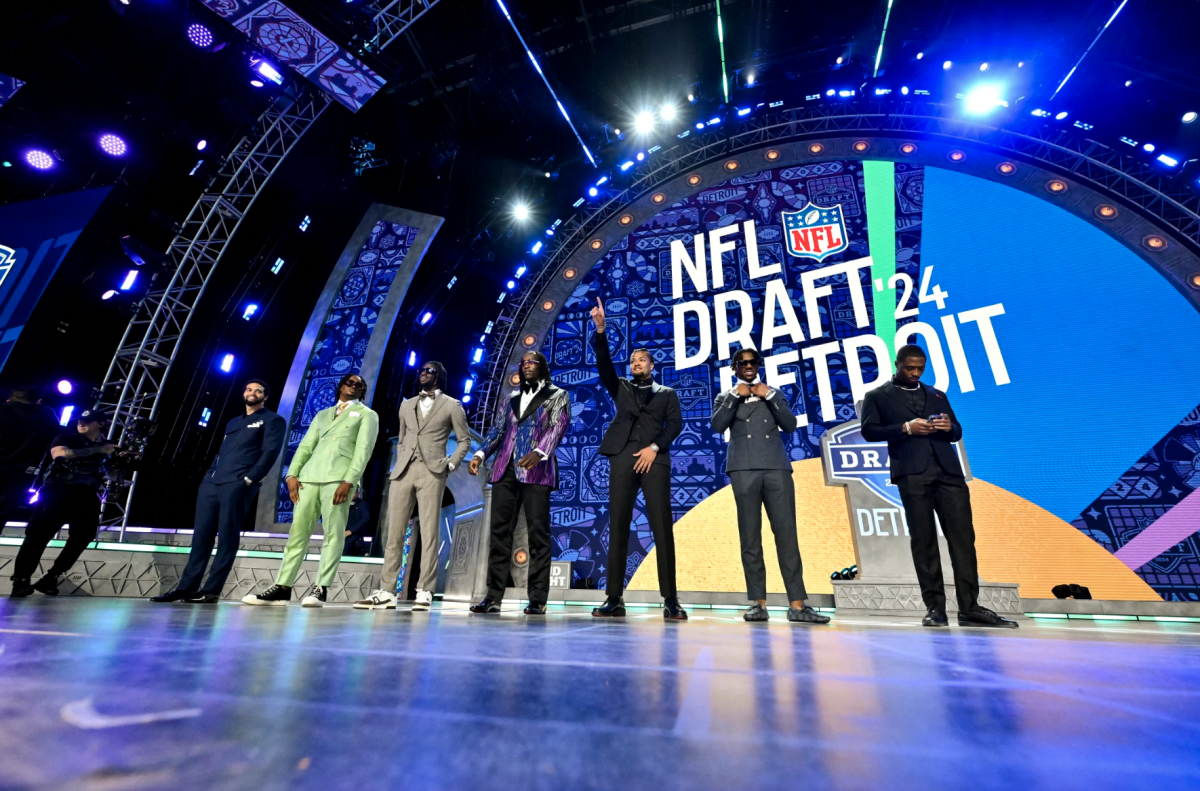RESPECTING TRANS PEOPLE IN LIFE AND DEATH
I knew SJ Brooks, who recently died in a tragic mountain lion attack.
Instead of retelling the details, I’d like to skip the horror and tell you a little more about them as a person.
SJ was an inspiring member of our community, a good listener and an inclusive advocate. They founded the Seattle chapter of Friends on Bikes and worked to create a supportive atmosphere for people of color and all gender identities.
You’ll notice I said “they.” SJ was transgender, and preferred to be referred to as “they” or “them.” Unfortunately, the people who wrote the articles that covered their death didn’t seem to know this.
If that’s hard to get right, the simplest way to talk about someone who is trans is to use their name.
SJ was SJ, and to those who cared about them, their gender didn’t need to be part of the conversation. They were a full person working to make their community a better place.
As much as some people get hung up on genitals, being transgender isn’t really about that. People who consider themselves trans are simply making a decision about how they’d like to be seen in a world that at times still insists on the arbitrary assignment of gender.
Understanding pronouns can come more naturally to young people. I have a good friend who is trans that I’ve known since high school. My mother misgendered him, but my son corrected her, “No, he is”. My son was only 3 at the time.
Young people seem to just get it. We seem to be getting better at referring to people as their preferred pronouns, as long as they’re “he” or “she.”
Male or female, girl or boy, man or woman. Our society is made up of gendering at a deep level, and people who don’t fit into those roles, well, they don’t always fit in.
It can be harder to refer to people who don’t subscribe to the gender binary. It actually makes sense that someone who doesn’t feel like they fit into society’s mold as a woman, may also not fit in as a man, or vice versa. For whatever reason, we should respect the person that someone is.
Alternative pronouns such as “Ze/Zir/Hir” are preferred by some, but they’re not in wide use. Partially because these pronouns aren’t in common usage within the trans and non-binary community, and so they aren’t as well understood.
Non-gendered ways of referring to people can be confusing, but some are already in use. A dictionary definition of “they” is for referring to someone of an undetermined gender, and you probably already say it that way, so give it a try.
Death can be particularly complicated for trans people and those who care for them. It’s also a time when we should honor their lives by respecting their wishes, just as we should do for anyone who has died.
The deadly attack on SJ was a rare, freak occurrence that hasn’t happened in 94 years. It’s jarring to speak about “freak attacks,” when trans people are often called freaks and attacked for it.
Trans people are much more likely to be attacked and killed by people than by wild animals. Last year, 27 trans people were killed in the U.S. We should be better than wild animals.
News reports often pick up the wording of police or death reports, which can focus on a victim’s sex instead of their preferred gender. Some trans people aren’t out to their family or coworkers. The situation can be tricky.
But it can still be pretty easy to honor the choices they made in life. Listen to those closest to them to learn who they really were, and how they’d like to be remembered.
In death, as in life, we should do our best to get it right. Use people’s preferred names and pronouns, and respect them as the person they want to be, as we would expect others to do of us.
By Forrest Baum,
Staff Writer







